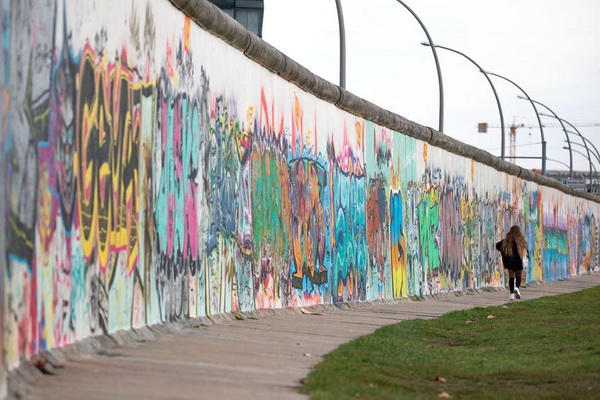
What world after COVID-19 ends?
Every historical period is marked to some extent by change. The world has witnessed several of such periods, especially at the start of the 20th century.
The First and Second World Wars, the Cold War and the fall of the Berlin Wall are some of the defining periods.
Advertisement
These periods revolutionised and contributed to the restructuring of the global system as we see it today.
At the beginning of a new century, people often speculate about the global future. What would the new world be like? Are we going to be better off in the years ahead? Or are we going to suffer? Getting to the close of the 20th century, it became very scary with such speculations.
The Y2K phenomenon was a big scare and many others believed the rumours that went round that a big stone would hit the earth as soon as 2000 dawned.
If nothing at all, nuclear annihilation, escalation in terrorist activities and probably another Great War of global magnitude were the expectation of people. Little did we expect that a tiny organism would have that potential to bring to a halt the progress of humanity through globalisation.
Eclipse?
Within weeks, COVID-19 had spread to almost every country of the world infecting hundreds of thousands and killing tens of thousands of infected people worldwide.
In what can best be described as an eclipse of globalisation and within a short period the speed of globalisation was halted. All these were happening at a time when global confidence in tackling challenges was high due to the advances in innovation and technology in every field of human endeavour.
What world after COVID-19 ends?
But now it has COVID-19, which calls for a change in the way we do things and the way we relate to one another. Despite the reduction in friction among world societies, brought about by globalisation and advances in communication and technology, recent happenings on the global scene is pointing to the fact that we are going through a transition period.
The opposing forces of progress and retrogression are pointing towards a transformation, but its long-term ramification remains unclear to us.
Renaissance
The pandemic is remarkable in the way it keeps shaking the very core of the structure on which the foundation of the modern global system rests. Definitely, the world is never going to be the same again after it is all over.
The global standing of many countries is going to change. If for nothing at all, it is also going to affect the North-South relationship of
the global divide.
Just as the Second World War provided the psychological incentive for Third World countries to reject colonialism and all the ideologies that perpetuate it and fought vigorously for their independence, this current crisis is also giving Third World countries, especially African countries, a sense of independence and how to tackle challenges, without looking elsewhere for solutions.
Soon global north countries will realise that global south priorities also matter, priorities they have tried using their numbers in the UN General Assembly to champion have been with little success. Fighting poverty, inequality, hunger, diseases and environmental disaster will now command more of global resources to tackle compared to security in military terms that forms the core priority of the north currently.
China is leading the way in the global south assertiveness on the global stage and very soon the rest of the global south countries will follow.
The writer, Lawrence Mantey heads the Institute of Current Affairs and Diplomacy (ICAD)
E-mail: [email protected]



